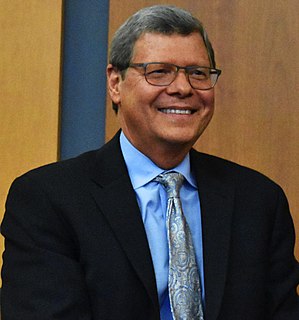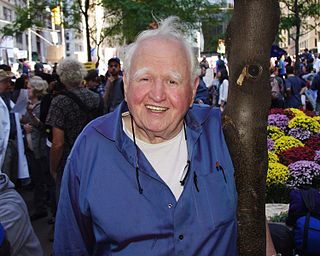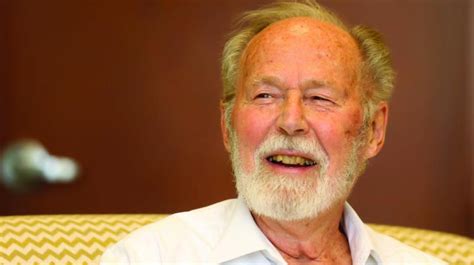A Quote by Shelby Steele
As an ideology - and certainly as a political identity - conservatism is less popular than the very principles and values it stands for.
Related Quotes
I think there's a growing amount of confusion about what conservatism is. And it is time for us to understand that conservatism is not built on personalities. Conservatism is not simply built on how angry you might seem from time to time. Conservatism is built on a set of principles and ideas that our nation desperately needs.
Principles aren't something you hear much from politicians these days. Have you noticed? Right across the board, leaders, whatever the political coloring, avoid talking about laws; they avoid talking about principles. They talk about 'our values.' But values can change, and all our packets of 'values' seem to be getting smaller.
f you analyze it I believe the very heart and soul of conservatism is libertarianism. I think conservatism is really a misnomer just as liberalism is a misnomer for the liberals - if we were back in the days of the Revolution, so-called conservatives today would be the Liberals and the liberals would be the Tories. The basis of conservatism is a desire for less government interference or less centralized authority or more individual freedom and this is a pretty general description also of what libertarianism is.
There are certain basic principles regarding the proper role of government. If principles are correct, then they can be applied to any specific proposal with confidence... The true statesman values principle above popularity, and works to create popularity for those political principles which are wise and just.
To complete the rout of traditionalists, in America an impression began to arise that the new industrial and acquisitive interests are the conservative interest, that conservatism is simply a political argument in defense of large accumulations of private property, that expansion, centralization, and accumulation are the tenets of conservatives. From this confusion, from the popular belief that Hamilton was the founder of American conservatism, the forces of tradition in the United States never have fully escaped.
The Boy Scouts of America stands for a set of principles. These principles have a lot of staying power. The values you learn as a Scout are like a compass. They can help you find your way through difficult and sometimes unchartered terrain. The principles of Scouting give you a sense of what's important. I feel I owe the Boy Scouts a great deal, both personally and professionally.
Another thing I think should be avoided is extremely intense ideology because it cabbages up one's mind. You see it a lot with T.V. preachers (many have minds made of cabbage) but it can also happen with political ideology. When you're young it's easy to drift into loyalties and when you announce that you're a loyal member and you start shouting the orthodox ideology out, what you're doing is pounding it in, pounding it in, and you're gradually ruining your mind. So you want to be very, very careful of this ideology. It's a big danger.
The task of the political philosopher can only be to influence public opinion, not to organize people for action. He will do so effectively only if he is not concerned with what is now politically possible but consistently defends the "general principles which are always the same." In this sense I doubt whether there can be such a thing as a conservative political philosophy. Conservatism may often be a useful practical maxim, but it does not give us any guiding principles which can influence long-range developments.
Political monopoly and economic monopoly are two sides of the same coin, two heads of the same monster. Despite all the claims to the contrary, the essential ideology of Neo-Conservatism is to preserve the status quo, with all of its injustices. Its public relations experts call for "freedom and democracy" without a framework of higher values. They fail to comprehend the need for a paradigm of justice and therefore are blind to what concerns most of the people in the world. This failure is the taproot of terrorism.



































